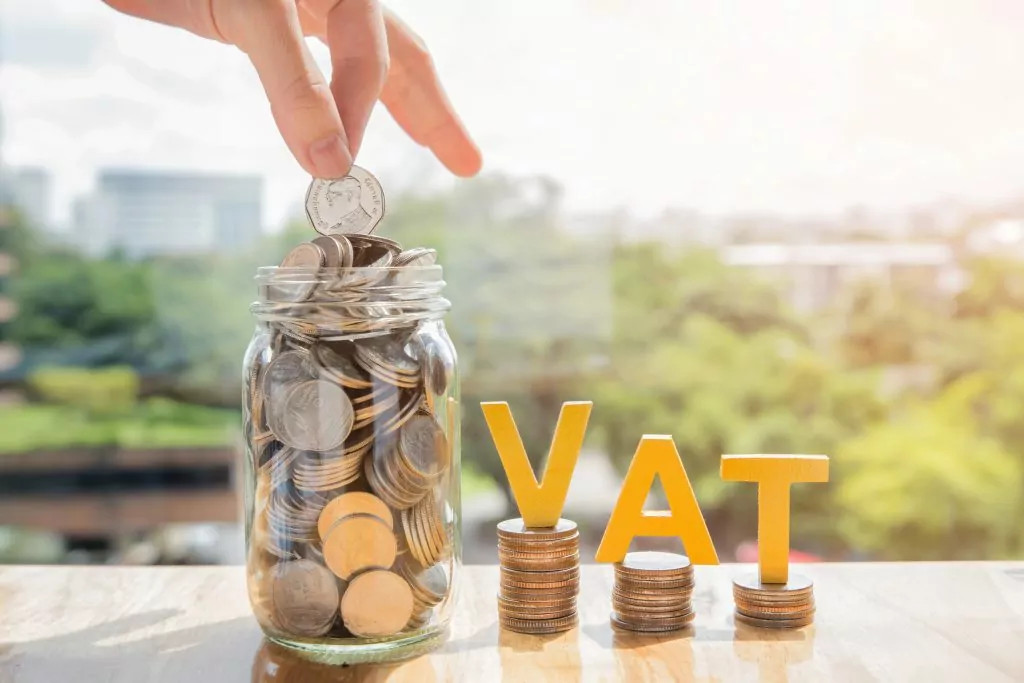Government’s Decree No. 126/2020/ND-CP sets out some stipulations that easily make enterprises have to pay late payment for their carelessness.
1. The provisional tax payment in 3 quarters shall not be lower than 75% of the corporate income tax in all year
Clause 6 Article 8 of Decree No. 126/2020/ND-CP stipulates: “The total corporate income tax (CIT) that enterprises provisionally paid for the first 3 quarters shall not be lower than 75% of the payable CIT against the annual tax finalization. In case the tax payer does not pay in full the provisional tax for the first 3 quarters, the tax payer must pay late payment calculated on the underpaid tax from the day following the last day of the third-quarter CIT payment due to the date of paying underpaid tax into the State budget”.
According to this above provision, in case the CIT of the enterprise in the first, second and third quarter is low but dramatically grows in the fourth quarter, the CIT rate in the first 3 quarters is able to be lower than 75% of the CIT in all year, which results in the late payment being paid by the enterprise.
2. The unreasonable regulation
The unreasonableness of the before-mentioned regulation is that although the enterprise pays in full the CIT for the first 3 quarters in accordance with the applicable laws on tax, the enterprise’s income in the fourth quarter is higher than the average income in the first 3 quarters, each year, the enterprise will be charged with the late payment for 5 months.
In ordinary, at the end of the year, enterprises always speed up the manufacture and business activities, in case the enterprise’s income in the last quarter of the year rapidly increases, the enterprise will get trouble with this new regulation. For instance, the income of an enterprise in the fourth quarter increases to VND 500 billion, the late payment will be VND 2.718 billion. Therefore, if enterprises make efforts to manufacture at the end of the year, they will easily break this provision.




